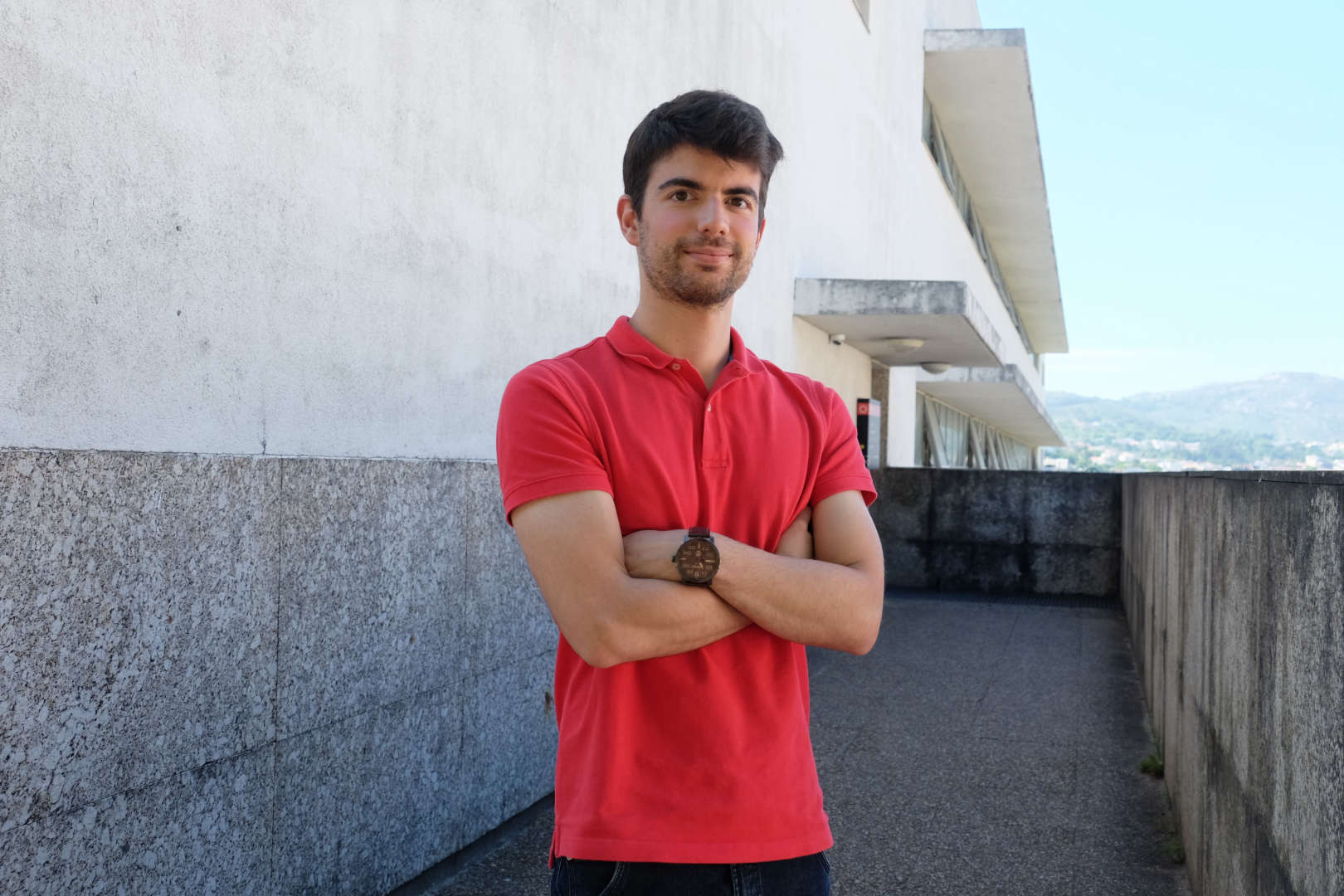Sobre
Neste momento, sou estudante de doutoramento. Trabalho em Automated Program Repair e Software Fault Localization e a minha tese tem o título "Explaining Software Faults in Source Code". Concluí o Mestrado Integrado em Engenharia Informática na Universidade do Minho com a dissertação "Java Stream Optimization through Program Fusion", desenvolvida no âmbito do projeto Green Software Lab (GSL).


